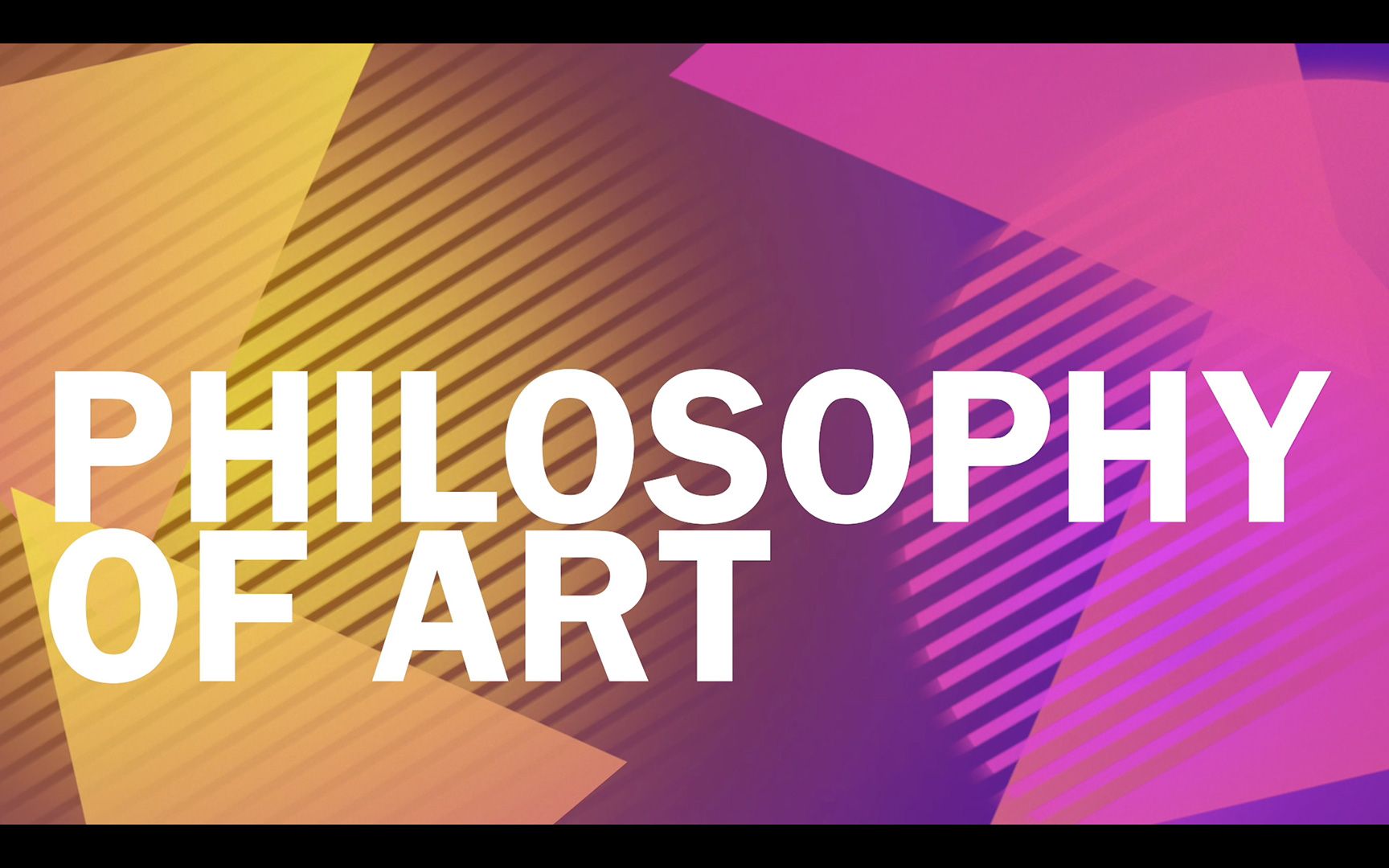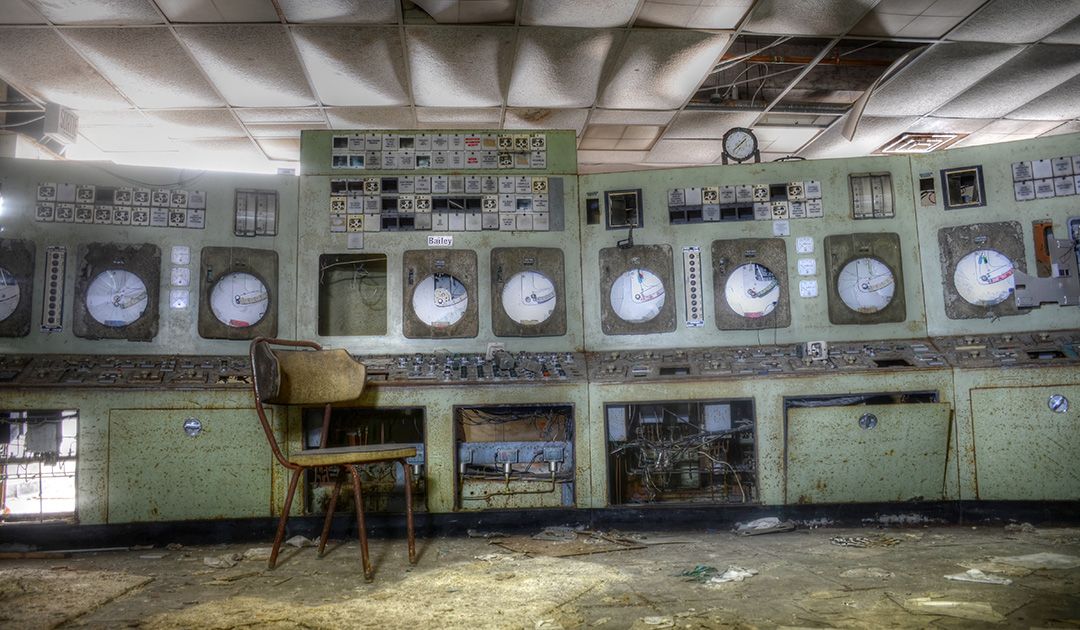The Soul and Sartre: Bearing Responsibility and Accountability
If God does not exist, man, therefore, is only beholden to man–and in turn, all is permissible.
The quintessential existentialist claim of “existence prior to essence” traverses in the opposite direction of thousands of years of thought and the commonly held subscription that the Western world has been raised on–“essence prior to existence.” Granted, those making such existentialist claims prior to the Enlightenment were burned at the stake; being branded a heretic silenced many forms of thought–existentialism being the antithesis.
Regardless, the crux of the debate centralizes around the idea of intelligent design and if man is a creation of God; further, and if so, then each of us are imprinted with a sense of meaning, destiny, essence, and / or soul prior to being born. Existentialist reject this position and believe that man is a construct of nature and the creator of his own life. As Sartre puts it, man “appears on the scene, and, only afterwards, defines himself… Not only is man what he conceives himself to be, but he is also only what he wills himself to be after being thrust toward existence” (Sartre, 15). This concept requires that each man becomes aware of what he truly is and that he takes responsibility for his existence (Sartre, 16).





